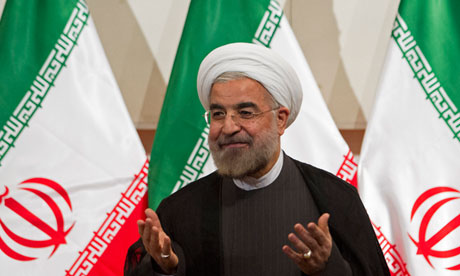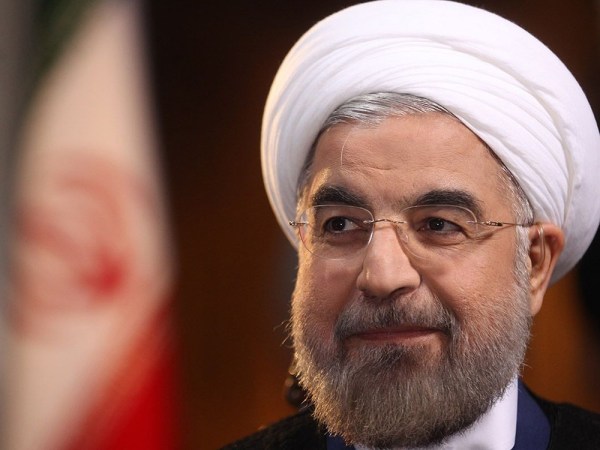by Michael Yoakum
Impunity Watch Reporter, North America
WASHINGTON, D.C., United States – President Obama faces potential diplomatic inroads with Iran, Syria, and Palestine as he prepares to head to the UN General Assembly Monday. With a new President of Iran, progress towards a peaceful disarming of Syria, and restarted talks in Palestine, things are looking much different than last year.

The biggest change is the newly elected President of Iran, Hassan Rouhani, who has reopened communication with the United States through his Foreign Minister, Javad Zarif. While President Obama is not scheduled to meet directly with Rouhani, the two have left open the possibility of talking during the gathering. Rouhani recently expressed his willingness to meet with the US in an interview.
“The problem won’t be from our side,” Rouhani stated, adding “We have sufficient political latitude to solve this problem.”
Some western diplomats believe Rouhani is taking a big risk by favor diplomatic talks with the US over anti-American rhetoric. There are concerns that Rouhani could face resistance from hard-liners in Tehran if his approach does not yield an easing of sanctions on Iran.
Ben Rhodes, a deputy White House national security adviser, told reporters that he still believes there is time for a diplomatic solution to prevent Iran from developing nuclear weapons.
In line with Rhodes’ view, Rouhani said in an interview with NBC that Iran would never seek to acquire nuclear weapons and he had “sufficient political latitude” to discuss Iran’s nuclear program. Rouhani derives his new political latitude from statements by Iran’s supreme leader, Ayatollah Ali- Khamenei, who said that diplomacy sometimes calls for “heroic flexibility.”
If Presidents Obama and Rouhani were to meet at the General Assembly, this would be the first time for the US and Iranian heads of state to meet face to face since the 1979 Iranian Revolution.
For more information, please see:
The Washington Post – On eve of UN session, Obama finds unexpected diplomatic openings on Iran, Syria, Mideast peace – 22 September 2013
ABC News – 4 Things to Watch for at the UN General Assembly Next Week – 21 September 2013
The Guardian – White House indicates Obama could meet Iran president Rouhani at UN – 20 September 2013
Fox News – Iran’s Rowhani makes new overtures towards the West – 19 September 2013
Reuters – Analysis: Obama may extend his hand to Iran’s Rouhani at U.N. – 19 September 2013



